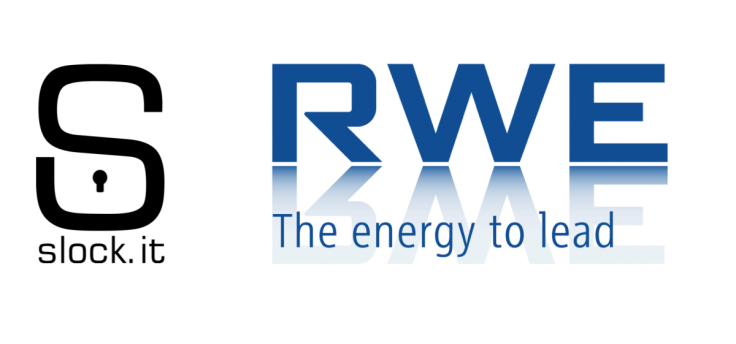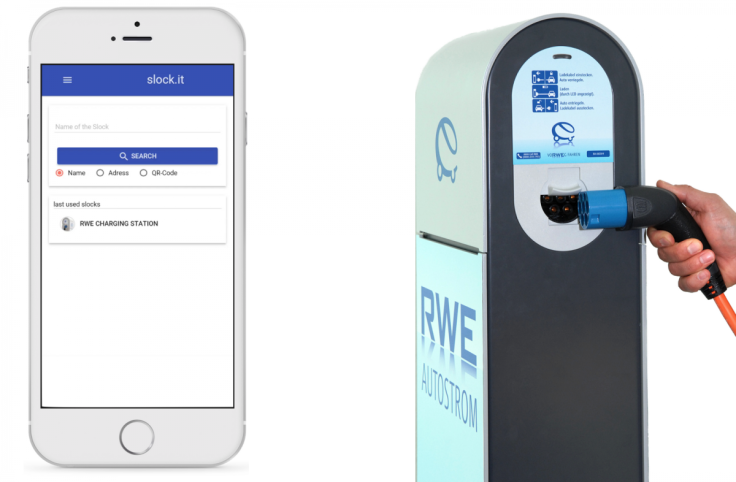RWE and Slock.it – Electric cars using Ethereum wallets can recharge by induction at traffic lights

Slock.it, the smart contract lock run on the Ethereum blockchain, has partnered with energy giant RWE to revolutionise the way electric cars are charged. Cars with digital wallets will be able to "talk" to autonomous electric charging stations which use smart contracts to allow users to rent the station, put up a deposit, charge their car, then get their deposit back.
Removing the friction entirely from what was previously a mishmash of contracts also allows for cool applications such as charging by tiny increments using induction points beneath the road while a car is waiting at traffic lights.
Stephan Tual, founder and COO of Slock.it, explained that the current system involves charging that is paid for by the hour so that, in effect, the parking experience becomes the charging experience. He told IBTimes UK: "Frankly, when you charge up your electric vehicle you get a pretty crappy experience. You kind of rent the thing for one hour, and if you don't use it for one hour that's just tough."
Tual said RWE wants to change that experience by using a blockchain and make the billing entirely done through crypto. This means the user no longer needs a contract; the system will work with any car - Tesla or any other make - and any charging station.
"You see how much energy you are consuming, so it's kind of like regular fuel and then when you hang up, the charging station refunds you a deposit - that's the smart contract part."
The result is a charging station that works on behalf of RWE with simplified billing, which can also work in any country. This is especially useful in Europe because when you travel between countries, you no longer need 12 different contracts.
Charging up electric cars while they wait at traffic lights sounds very futuristic, but it's theoretically possibly to do today. The problem is the payment side.

Tual said: "You are at the charging station at the traffic light for a few minutes and you are only going to get zero point zero, zero something megawatts. In effect your car will negotiate directly with the charging station. You put a bit of money in your car, your car is the wallet, and then that wallet depletes itself as it charges the car."
He compared the induction charging points to wireless charging stations for phones. "The idea is they would place this thing under the street at the traffic lights where cars have to wait anyway, and it charges the car. What is happening is the car says, 'hey I'm car xyz on blockchain' and the charging station lets you have some charge. These objects are autonomous, they talk to each other, and there is no contract required. The unique idea is the wallet - that's the no log-in, no sign up part that Ethereum does so well."
Tual said that when extended to commercial vehicles, that are on the road non-stop unless they need maintenance, frictionless machine-to-machine charging is going to have an impact on logistics. "There is a greater strategy there, which I think is quite exciting."
It's interesting to see a major company such as RWE with 30-plus million customers that is deeply into blockchain. Tual said the charging points could be placed in private parking lots, or branded and placed in Tesco forecourts, for instance.
"By using blockchain you make this stuff really easy to on-board partners because there is no API. And RWE can subsidise the stations in exchange for using their energy, which is another thing they are very keen on," added Tual.
"Once we have finalised this prototype with them of the charging station which is currently running in our office in Germany, we are going to deploy a fleet of 60 electric vehicles and take it from there."
© Copyright IBTimes 2025. All rights reserved.






















